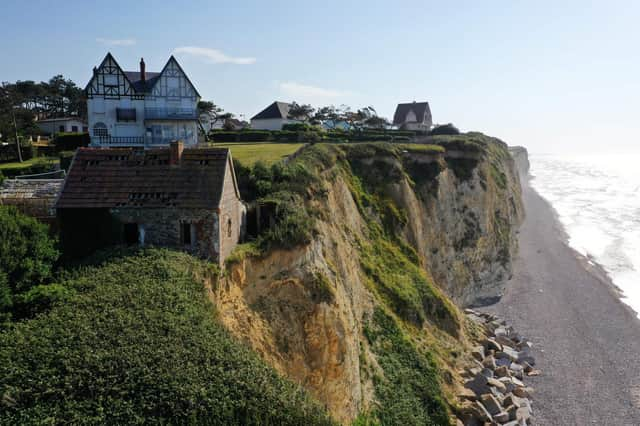Climate change: Potentially catastrophic sea level rise can still be avoided and Scotland could even see it reduced to zero – Dr Matthew D Palmer


How can such seemingly small and inconsequential numbers matter? Because they are relentless, compounded by the passing of time.
Sea level has risen globally by about 20 centimetres since the start of the 20th century. The equivalent UK average rise is slightly less, at about 16cm. These relatively modest rises are already leading to a real and present danger of increased coastal flooding throughout the world, with low-lying islands and coastal areas particularly at risk.
Advertisement
Hide AdAdvertisement
Hide AdOver the 20th century, the dominant contributors to global sea level rise were the expansion of the oceans due to warming and the melting of mountain glaciers.
But things are changing. The sea level rise contribution from Earth’s two major ice sheets – Greenland in the north and Antarctica in the south – is now four times larger than during the 1990s. The stability of these vast reservoirs of ice in a warming climate represents an existential threat to coastal communities around the world.
The slow response of the oceans and ice sheets to the warming planet means that centuries of future sea level rise is already “locked in” from past greenhouse gas emissions.
This